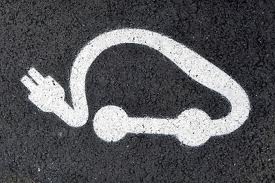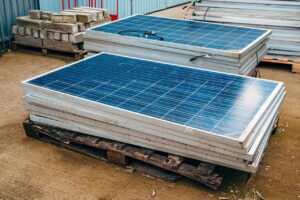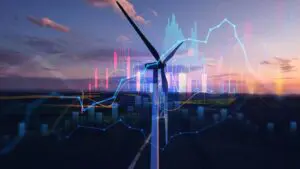Ford is one of the main funders behind a new lab that will help EV battery developers leap over the dreaded “Valley of Death” that lies between basic research and full fledged manufacturing. The new $8 million facility is the first to focus specifically on manufacturing batteries on a pilot scale for testing.
Until now, developers had to wait until they came up with a production-ready model for testing and validation, so the new lab enables researchers to catch flaws and areas for improvement much earlier in the process.
A Unique New EV Battery Lab
The lab, which just opened on Monday, is located at the University of Michigan campus, adding another element to the 60-year relationship between Ford and the institution.
Ford pitched in $2.1 million of the $8 million for the lab. That’s just a drop in the bucket relative to the company’s reported $135 million investment in EV battery projects over the past 20 years, but it forges a critical link in the lab-to-road chain. Ted Miller, manager for Ford’s battery research, explains:
We have battery labs that test and validate production-ready batteries, but that is too late in the development process for us to get our first look. This lab will give us a stepping-stone between the research lab and the production environment, and a chance to have input much earlier in the development process. This is sorely needed, and no one else in the auto industry has anything like it.
Specifically, Miller notes that the new lab will enable the more rapid development of new, better, and cheaper battery chemistries.
According to Miller, the industry has already seen a short, 15-year turnaround from lead-acid to nickel-metal-hydride and finally to lithium-ion. Lithium-ion is still the gold standard but that could change soon, if some of the up-and-coming research bears out.
Some of the emerging technologies we’ve covered here and on our sister site Gas2.org include lithium-air batteries, flow batteries, and zinc-air batteries.
We Built This New EV Battery!
Group hug, taxpayers: in addition to support from Ford and the University of Michigan, the new lab received funding from the U.S. Department of Energy.
That’s just part of the mine, yours and ours investment in advanced EV battery research under the Obama Administration. Aside from millions of dollars in federal funding for dozens of individual projects such as a group called RANGE (Robust Affordable Next Generation Energy Storage Systems), there are a couple of collaborative initiatives worth noting.
New this year is AMPED, for Advanced Management and Protection of Energy Storage Devices. Ford is also a partner in this initiative, which focuses partly on improving energy storage in existing technology.
Other partners include the National Renewable Energy Laboratory, Eaton Corporation, Washington University, and Utah State University.
Another new collaboration the is massive JCESR (Joint Center for Energy Storage Research) project, which launched last year as part of a new national network of technology innovation hubs.
Aside from federal and state funding, JCESR partners include numerous federal laboratories, Northwestern University, University of Chicago, University of Illinois-Chicago, University of Illinois-Urbana Champaign, and University of Michigan along with Dow Chemical Company, Applied Materials Inc., Johnson Controls Inc., and Clean Energy Trust.
Read more at http://cleantechnica.com/2013/10/16/ford-jumps-ev-battery-gap-new-8-million-research-lab/#D31TTudCLh1yKWt8.99








